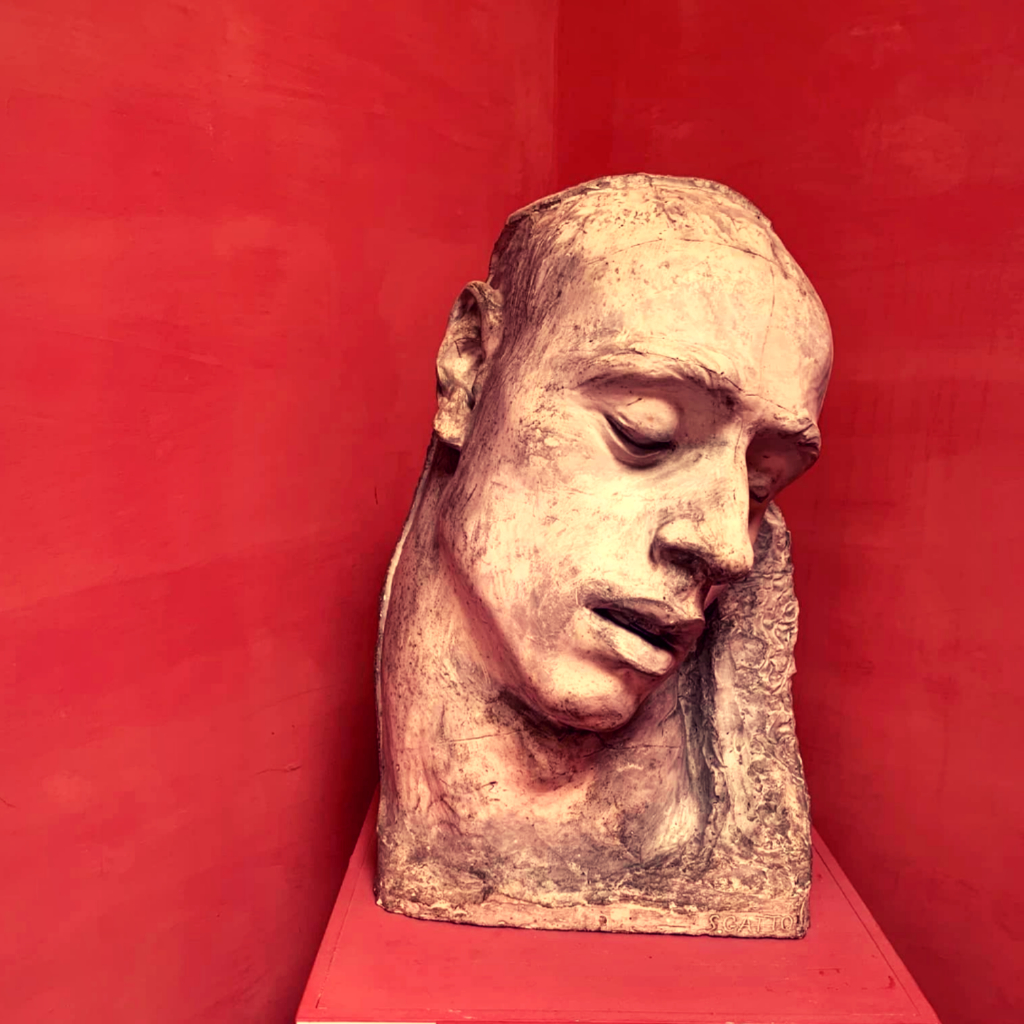
Classics and jazz: is there a mutual influence? That’s what the unsurpassed Bill Evans thinks.
"It would be difficult for me to say specifically, except that I've played a lot of classical music and love it, as I love jazz. And any music that you experienced influences you to varying degrees — negatively, positively or whatever. But the amount of time I've spent with classical music I must have learned a lot. Because music is music— the language employed is the same, regardless. Why one thought follows another is the same throughout all music which is valid. Therefore you can learn things which apply to jazz from classical music, which might have no stylistic relationship. They're fundamental, general principles. I know I've been influenced that way — and gladly. ...This is a thing that I've been thinking about for a couple of years: jazz to me is a certain process of making music. It doesn't matter about the style. Instead jazz means a style to people But whether it was written by Stravinsky or Neal Hefti— if it’s written, it’s not jazz to me. It might be an approximation of what has been a jazz performance. But jazz is a 'how' to me. It s performing without any really set basis for the lines and the content as such emotionally or, specifically, musically. And if you sit down and contemplate what you're going to do, and take five hours to write five minutes of music, then it's composed music. Therefore I would put it in the classical or serious, whatever you want to call it, written- music category. So there's composed music and there's jazz. And to me anybody that makes music using the process that we are used to using m jazz, is playing jazz. Chopin or Mozart, or anybody that made music that way at any time was playing jazz as far as I'm concerned. Yes and according to the era they lived in, they had their materials and their feelings for music within their culture. But the process involved was the same. It’s to feel within an idiom that you've mastered to a certain extent, so that you can make music happen on the spur of the moment. And a lot of composers, however successful they might be, don't have that facility today. And yet, up to a certain period— I'd say probably the late 1800s— no composer that was worth anything wouldn't be able to do this. They all had an improvising ability, and most of their composing came out of it. But now that's getting to be a lost art."
"It’s not the cloudy, abstract thing that people want to make jazz. So many legit composers that come into screen writing or something when they approximate jazz always make it a fantasy bluesy kind of thing, which is just a phrase after phrase of unrelated jazz sounds, and all that. Which to me is really complete hogwash. Because in order to find this type of freedom against a strict Framework that everybody is familiar with requires a hell of a lot of digging, because it’s such a simple thing. It’s such an obvious thing. It's much easier to go out into abstraction that relates to nothing, and it’ll sound, in a way, more fascinating at first. But it really hasn't got any meat to it Israels: At certain points, I've had certain kinds of musical pressures on me (not in this group by the way— I'm talking about some other musical experiences) to play music which didn't relate to any framework. And I'm told by .others that I do it very well, in their terms. But I haven't ever had any musical experience in that area that can come within one per cent of giving me the pleasure and satisfaction and emotional involvement— the sense of being really in the music— that I have when I work within the disciplines that we have kind of chosen as our language." Bill Evans: from Interview, 1965 Get here:


